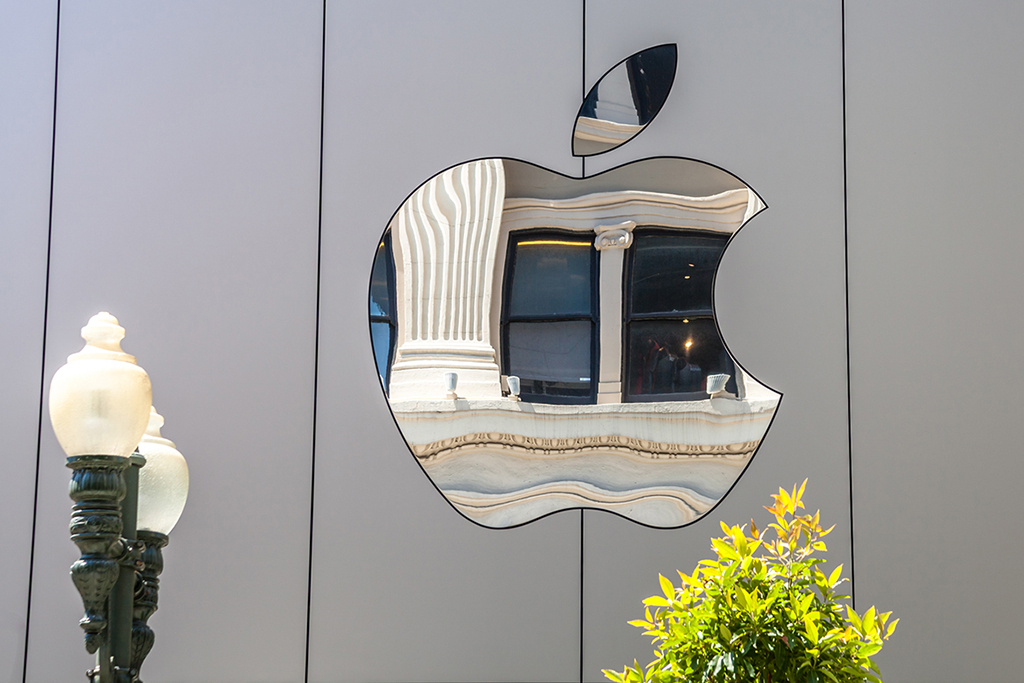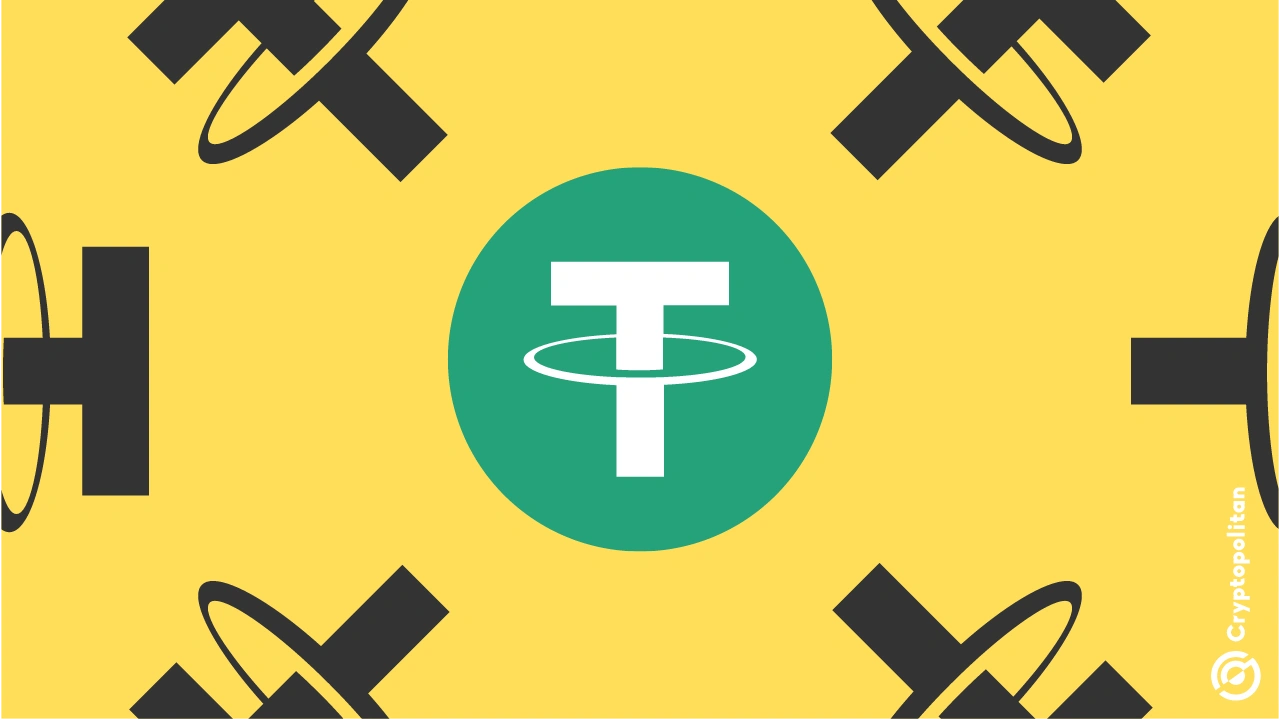Coinspeaker
Apple Faces Class Action Lawsuit over Undue P2P Payments Power Play
In a recent legal development, Apple Inc (NASDAQ: AAPL) finds itself entangled in a class-action lawsuit filed by Venmo and Cash App customers. The plaintiffs, hailing from New York, Hawaii, South Carolina, and Georgia, allege that Apple has abused its market dominance to stifle competition in the mobile Peer-to-Peer payments (P2P) sector.
Apple’s Agreements against Competition and Decentralized Crypto
The heart of the lawsuit filed on November 17 revolves around the claim that Apple entered into anti-competitive agreements with Venmo and Cash App, restricting the use of decentralized cryptocurrency technology in payment applications.
The plaintiffs argue that these agreements stifle feature and price competition, preventing the incorporation of decentralized crypto technology in existing or new iOS Peer-to-Peer Payment apps.
The complaint asserts that Apple’s constraints force new iOS P2P payment apps to exclude crypto functionality as a prerequisite for entry into the market. This, according to the plaintiffs, has resulted in users paying “rapidly inflating prices” due to limited competition and innovation in the sector.
The lawsuit also alleges that Apple employs “technological and contractual restraints,” such as hardware-enforced App Store exclusivity and “contractual limitations on web browser technology,” to maintain control over every app installed and run on iPhones and iPads. By doing so, Apple allegedly suppresses competition and innovation, effectively limiting consumer choice and leading to inflated fees.
The complaint further noted that Apple has excluded at least two Bitcoin wallet apps, Zeus and Damus, from its App Store. Damus is backed by Block Inc (NYSE: SQ) founder Jack Dorsey.
Consequently, the plaintiffs seek to recover excessive fees and overcharging resulting from Apple’s alleged anticompetitive conduct. Additionally, they seek injunctive relief to prevent Apple from continuing to enter into and enforce anti-competitive agreements that restrain competitors in the iOS P2P payment market.
Apple’s History of Antitrust Scrutiny
Notably, the complaint highlights a previous ruling by the Court of Appeals for the Ninth Circuit in April, which found Apple in violation of California’s competition laws for not allowing apps to direct users to non-Apple linked payment solutions.
This lawsuit adds to Apple’s recent antitrust challenges. In September, a US judge ruled that payment card issuers could sue Apple over alleged anti-competitive practices related to its Apple Pay mobile wallet. Another case involving Epic Games challenges restrictions on in-app payment processing, with Apple seeking Supreme Court intervention.
The class-action lawsuit against Apple underscores the growing scrutiny the tech giant faces regarding its business practices. Besides Apple, other tech giants including Alphabet Inc (NASDAQ: GOOGL) and Meta Platforms Inc (NASDAQ: META) have also been probed for anti-competitive practices.
As the legal landscape evolves, these cases will shape the future of competition in the digital marketplace. For consumers and industry stakeholders, the outcome of these legal battles may influence the direction of innovation and competition in the mobile peer-to-peer payments sector.
Apple Faces Class Action Lawsuit over Undue P2P Payments Power Play





